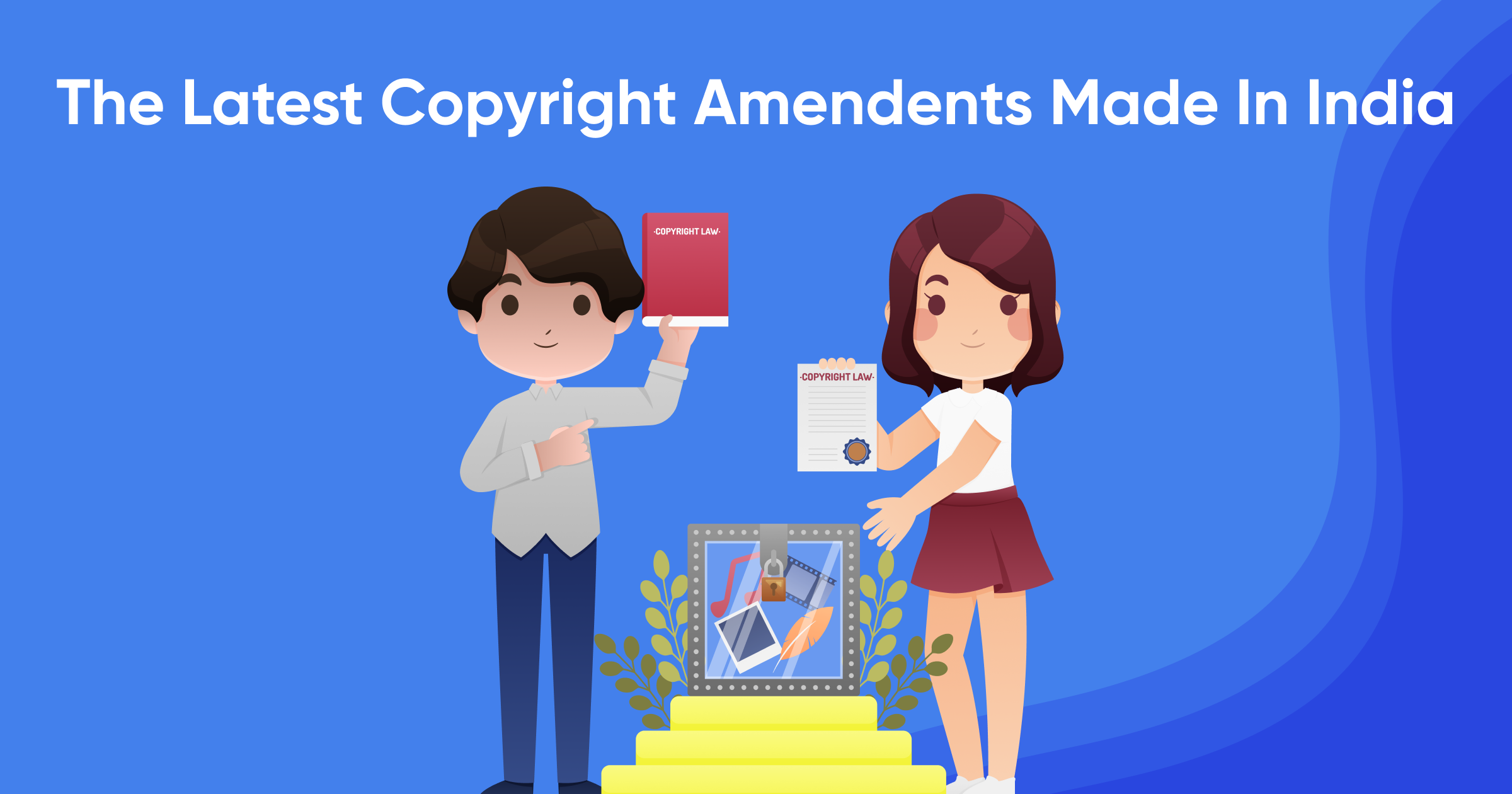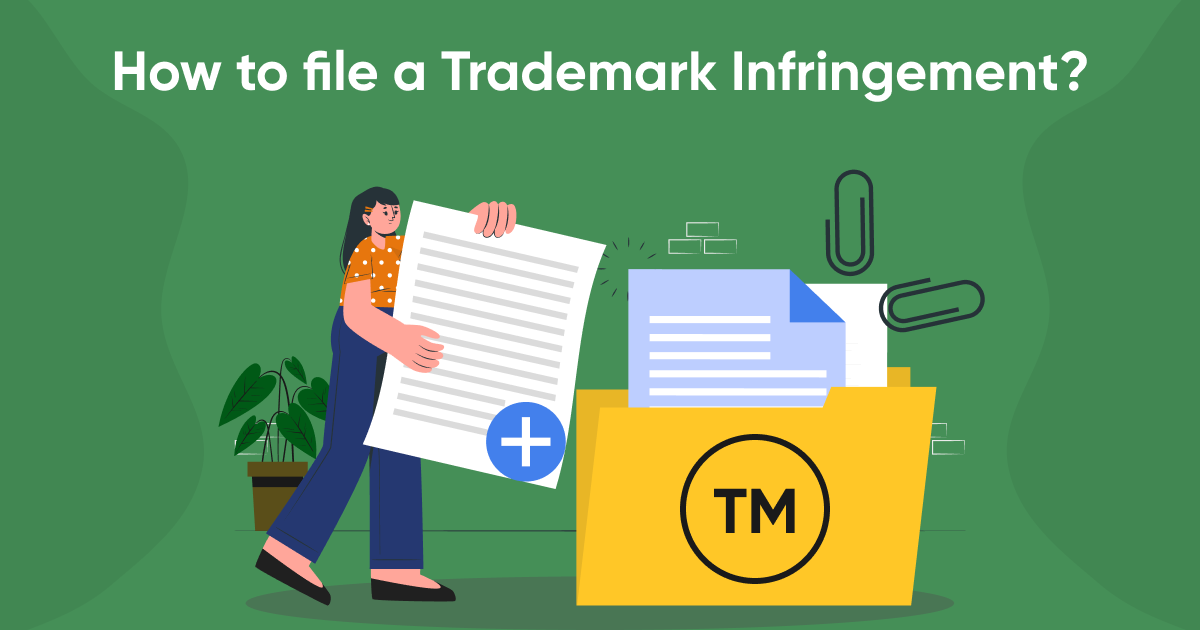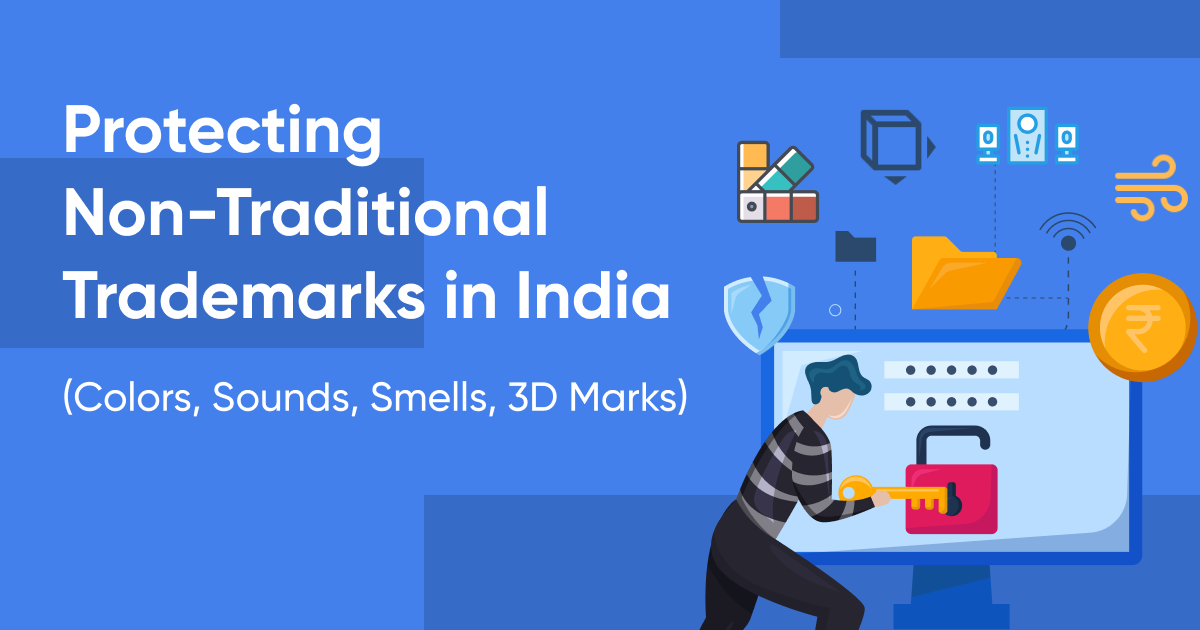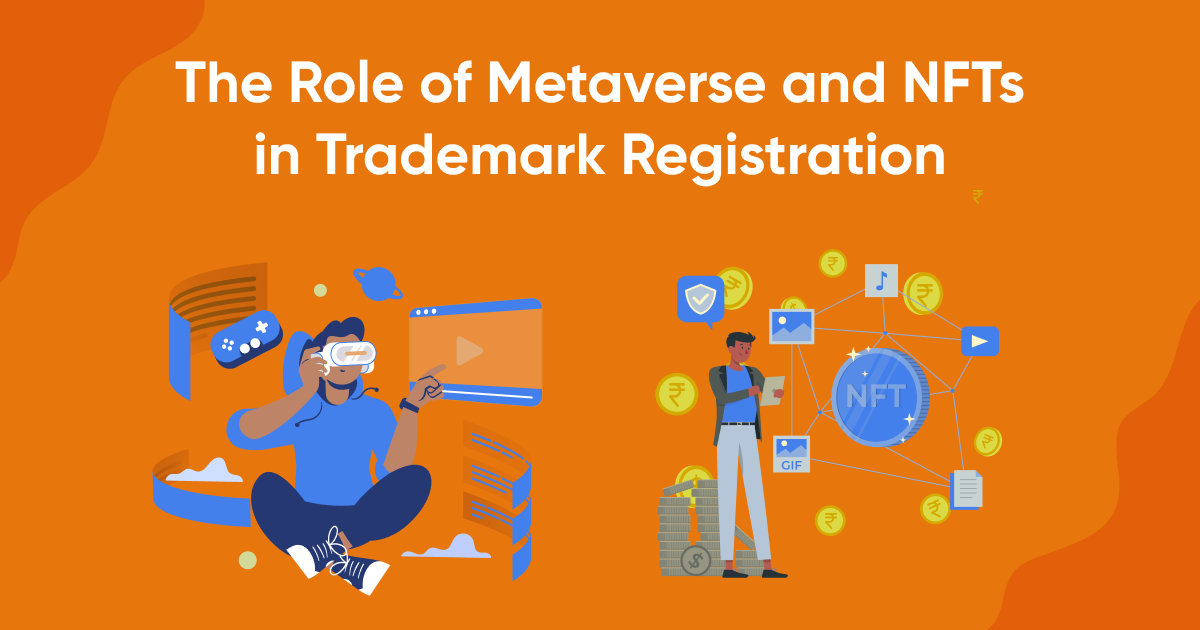Copyright law in India has undergone significant changes over the years to adapt to evolving technologies, creative industries, and international treaties. These amendments aim to strike a balance between the rights of creators and the interests of the public while fostering innovation and cultural growth. This blog explores the latest amendments to the Copyright Act in India, their implications, and how they impact creators, businesses, and users.
Overview of Copyright Law in India
India’s copyright framework is governed by the Copyright Act, 1957, and the Copyright Rules, which have been amended multiple times to address new challenges and opportunities. The law provides protection for original works of authorship, including literary, musical, artistic, cinematographic, and computer-generated works.
The most notable amendments in recent years include changes to align with international treaties like the WIPO Copyright Treaty (WCT) and the WIPO Performances and Phonograms Treaty (WPPT), as well as updates to address the digital era’s demands.
Key Copyright Amendments in India
1. Copyright (Amendment) Rules, 2021
The 2021 amendments introduced several changes to streamline processes and enhance transparency in the administration of copyright. Key highlights include:
- Digital Filing and Communication:
- Copyright applications and other forms can now be submitted electronically, making the process more accessible and efficient.
- Transparency in Royalty Collection:
- Collecting societies are required to maintain detailed records of royalties collected, distributed, and unpaid. These records must be made publicly available.
- Mandatory Annual Transparency Reports:
- Collecting societies must publish annual reports detailing their activities, ensuring accountability to creators and rightsholders.
- Simplified Dispute Resolution:
- The amendments provide clearer guidelines for resolving disputes related to royalties and licenses.
2. Focus on Digital Rights Management (DRM)
The amendments emphasize protecting works in the digital domain. Key aspects include:
- Technological Protection Measures (TPMs):
- Measures to prevent unauthorized copying and sharing of copyrighted digital content are now legally recognized.
- Penalties for Circumvention:
- Unauthorized circumvention of TPMs, such as breaking digital locks or encryption, is subject to legal action.
3. Strengthening Rights for Performers
The amendments enhance the rights of performers, including:
- Moral Rights:
- Performers are granted moral rights, allowing them to object to any distortion or alteration of their performances.
- Royalty Rights:
- Performers are entitled to an equal share of royalties from the commercial use of their works.
4. Alignment with International Treaties
India’s copyright law now aligns more closely with WCT and WPPT, ensuring international compatibility. This includes:
- Enhanced Digital Rights:
- Protection for works distributed online, ensuring creators benefit from global dissemination.
- Protection for Performances:
- Performers’ rights now extend to digital recordings and broadcasts.
5. Copyright Office Modernization
Efforts to modernize the Copyright Office include:
- E-Governance Initiatives:
- Introduction of an online portal for copyright registration, reducing paperwork and delays.
- Streamlined Processes:
- Simplified procedures for registration, renewal, and record maintenance.
Implications of the Amendments
For Creators:
- Increased Transparency:
- Clearer royalty collection and distribution processes ensure creators are fairly compensated.
- Enhanced Rights:
- Performers and authors enjoy stronger moral and economic rights.
- Digital Protection:
- Safeguards against unauthorized use of digital content encourage more creators to publish online.
For Businesses:
- Compliance Requirements:
- Companies must adhere to stricter rules regarding the use and distribution of copyrighted content.
- Opportunities for Collaboration:
- Transparent frameworks make it easier for businesses to license and use copyrighted works legally.
For Users:
- Access to Content:
- While creators’ rights are protected, the amendments maintain provisions for fair use, ensuring public access to educational and research materials.
- Legal Clarity:
- Clearer rules regarding digital content reduce the risk of unintentional copyright infringement.
Challenges in Implementation
Despite the positive changes, implementing these amendments presents challenges:
- Awareness and Education:
- Many creators and users remain unaware of their rights and obligations under the updated laws.
- Enforcement:
- Ensuring compliance, particularly in the digital space, requires robust enforcement mechanisms.
- Adaptation to Technology:
- Rapid technological advancements necessitate continuous updates to copyright laws.
How Trademarkia Can Help
Trademarkia can simplify the process of copyright registration and management. Whether you’re a creator looking to protect your work or a business seeking to navigate compliance, Trademarkia offers expert guidance and efficient solutions.
Conclusion
The latest copyright amendments in India reflect a progressive approach to protecting intellectual property in the digital age. By enhancing transparency, streamlining processes, and aligning with international standards, these changes benefit creators, businesses, and the public. Staying informed about these updates is essential for leveraging copyright protection effectively.







